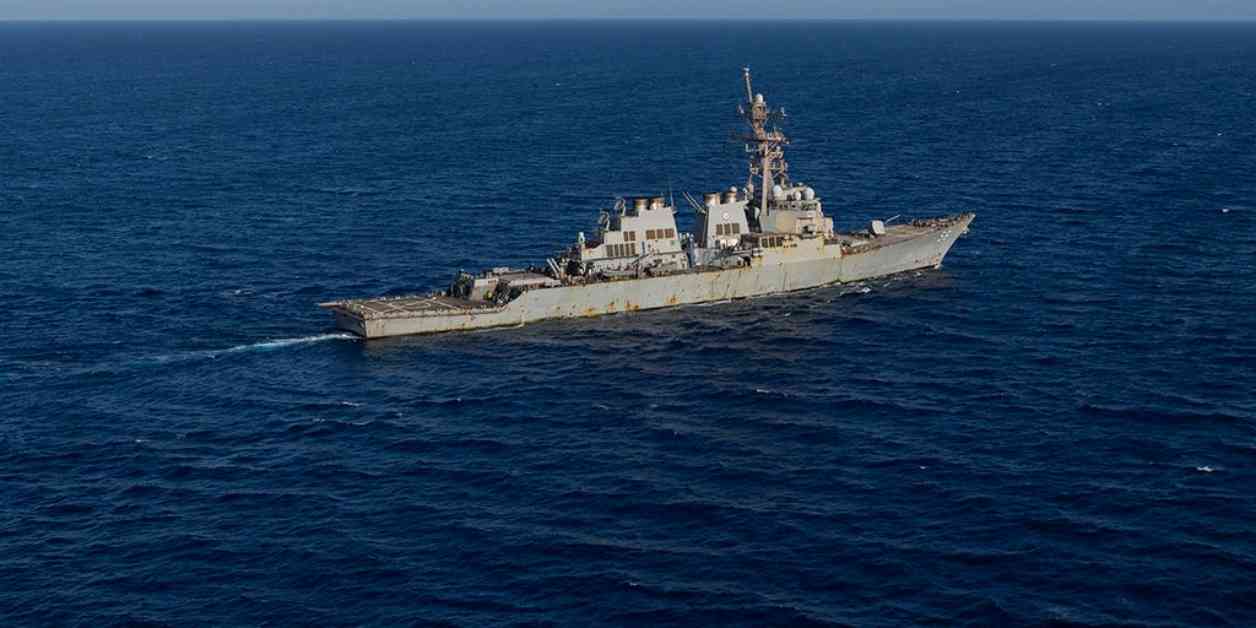Israel recently conducted its first strikes against Houthi rebels in Yemen as retaliation for a drone strike on Tel Aviv. It has been reported that Russia has been supporting the Houthis in their attacks on Western ships in the Red Sea by providing them with targeting data. This assistance has allowed the Houthis to target U.S. drones and ships passing through critical trade routes such as the Red Sea and the Suez Canal, which sees 12% of global trade passing through it.
The cost of intercepting each Houthi strike can range from $1 million to $4 million for the U.S. The satellite data provided to the Houthis by Russia was transmitted through Iran’s Revolutionary Guard Corps. This direct involvement of Russia in attacks on the U.S. has raised concerns and sparked responses from various parties.
In light of these developments, the U.S. has refrained from direct involvement in the conflict by withholding certain capabilities of U.S. weapons for Ukraine but has been providing classified intelligence to support Ukrainian forces. The situation is further complicated by North Korea sending troops to fight alongside the Russians, expanding the conflicts in the Middle East and Ukraine to a global scale.
Despite diplomatic efforts to prevent Russia from arming the Houthis, the group has continued its attacks and vowed to persist until a cease-fire is achieved in Gaza and Lebanon. These attacks not only disrupt the flow of goods to the West but also drive up insurance costs and force ships to take longer routes, incurring additional fuel costs.
Since October 2023, the Houthis have targeted over 100 merchant vessels using missiles and drones, resulting in casualties and disruptions to oil tanker traffic in the Red Sea. This has led to a significant decrease in oil tanker traffic through the Bab al-Mandab strait, impacting global trade and maritime activities in the region.
The Houthis’ actions have also caught the attention of the international community, with the U.S. urging Russia to refrain from providing advanced weaponry to the group. Reports of Russian arms dealers attempting to broker deals with the Houthis have raised concerns about the escalation of the conflict and the implications for regional stability.
As tensions continue to rise in the region, it is crucial for diplomatic efforts to be reinforced to prevent further escalation and protect vital trade routes and maritime activities. The involvement of external powers in supporting conflicting parties only serves to exacerbate the situation and prolong the suffering of those caught in the crossfire.





















